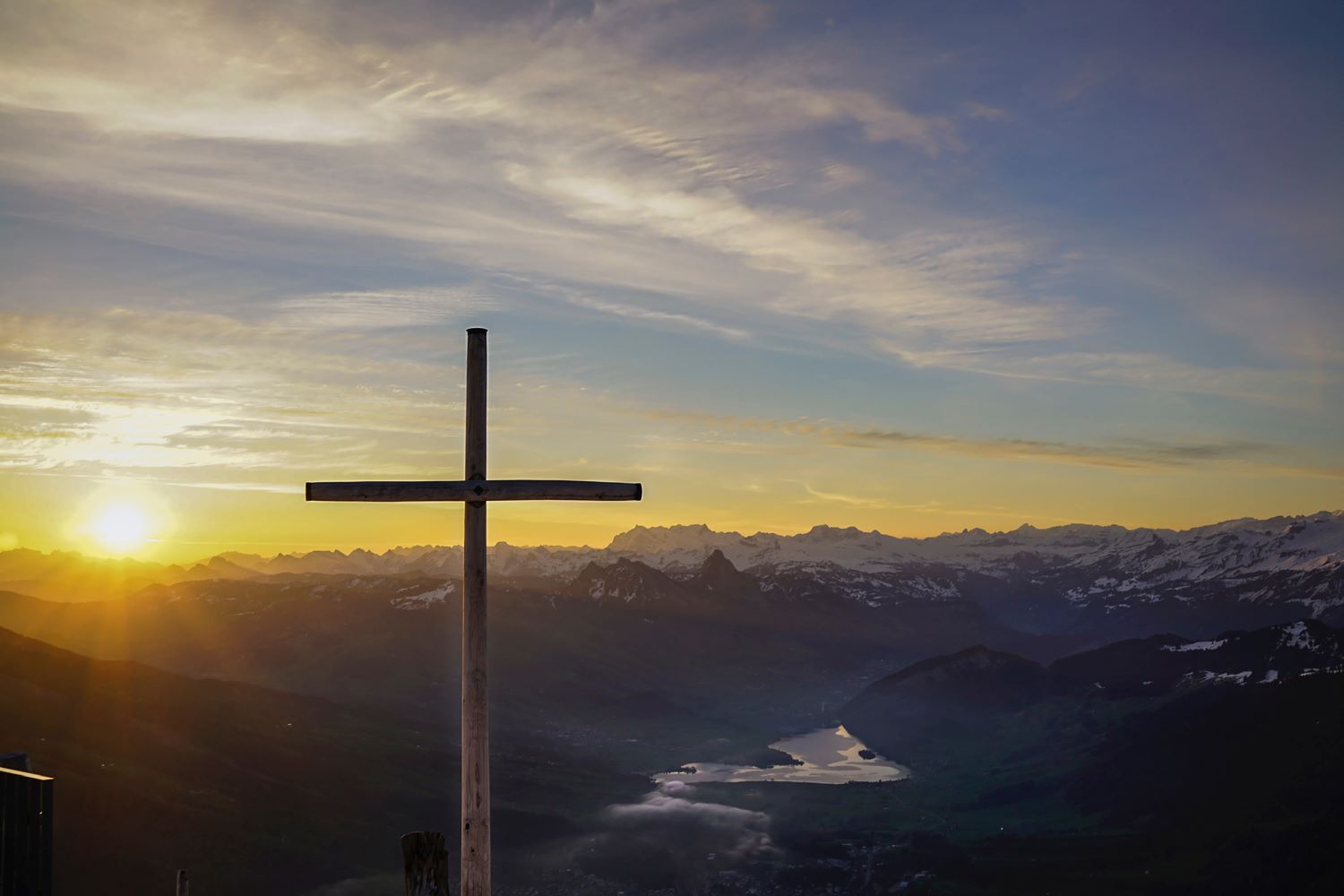Editor’s note: This post is part of a series featuring outstanding excerpts from student papers at the BibleMesh Institute, which offers affordable online training for local churches, schools, and ministries. The author’s name has been withheld for privacy and security purposes. He is serving as a missionary overseas.
The Messiah[1] is the goal of all Old Testament Scripture. In him the curse is reversed. But there was another side, only dimly perceived by Israel, that the Messiah must suffer, die, and be raised to life. It was contained in Eden’s first promise. It was foreshadowed by the blood which clothed our first parents, the offering of Isaac, the Passover lamb, and the entire sacrificial system. Finally, it was lived out in the sufferings of Job, Joseph, David, Jeremiah, Hosea, and even rebellious Israel.
Scripture foretold that rulers would “take counsel together, against the LORD and against his Anointed” (Ps 2:2). He would be “the stone that the builders rejected” (Ps 118:22), “deeply despised, abhorred by the nation” (Is 49:7) and “rejected by men, a man of sorrows and acquainted with grief” (Is 53:3). The order would go out from the LORD, “Awake, O sword, against my shepherd…Strike the shepherd, and the sheep will be scattered” (Zec 13:7) and, as the angel told Daniel, the “anointed one shall be cut off and shall have nothing” (Dn 9:26). This Son of David, who “shall open, and none shall shut; and he shall shut, and none shall open” (Is 22:22), would then say, “when they look on me, on him whom they have pierced, they shall mourn for him, as one mourns for an only child” (Zec 12:10; cf. Am 8:10).[2] The Messiah would willingly submit to this, for it is written, “I gave my back to those who strike, and my cheeks to those who pull out the beard” (Is 50:6). He would be betrayed for thirty pieces of silver (Zec 11:12–13), have his hands and feet pierced (Ps 22:16), have lots cast for his clothing (Ps 22:18), be raised up like the bronze snake in the wilderness (Nm 21:4–9), and be given sour wine to drink (Ps 69:21). After death he would be buried in a rich man’s tomb (Is 53:9) for three days and three nights (Jon 1:17) until his resurrection (Is 53:11–12), upon which we read, “He will swallow up death forever” (Is 25:8) and “O Death, where are your plagues? O Sheol, where is your sting?” (Hos 13:14).
God’s purpose in Messiah’s suffering was “to finish the transgression, to put an end to sin, and to atone for iniquity, to bring in everlasting righteousness” (Dn 9:24, cf Zec 3:9). This redemption would be entirely an act of God (Ez 16:63).[3] Scripture states, “Zion will be redeemed by justice, and those in her who repent, by righteousness” (Is 1:27), for God has “prepared a sacrifice and consecrated his guests” (Zep 1:7). And so the Son bears his wounds as a memorial of God’s people before the Father for all eternity, saying, “I have engraved you on the palms of my hands” (Is 49:16). Indeed, the cross is not lacking in the Old Testament.
[1] Messiah, or משיח, means anointed one, as in to kingship.
[2] Note in Zechariah 12:10 that it is God who is speaking and says, “When they look on me, on him whom they have pierced…”
[3] This is made clear in the Law. After commanding Moses to consecrate the Tabernacle, its furnishings, and the priests with blood sacrifices, the LORD said, “There I will meet with the people of Israel, and it shall be sanctified by my glory. I will consecrate the tent of meeting and the altar. Aaron also and his sons I will consecrate to serve me as priests” (Ex 29:43–44). So it was God’s presence and glory that sanctified the Tabernacle and priesthood, not blood sacrifice, incense, or rituals.
